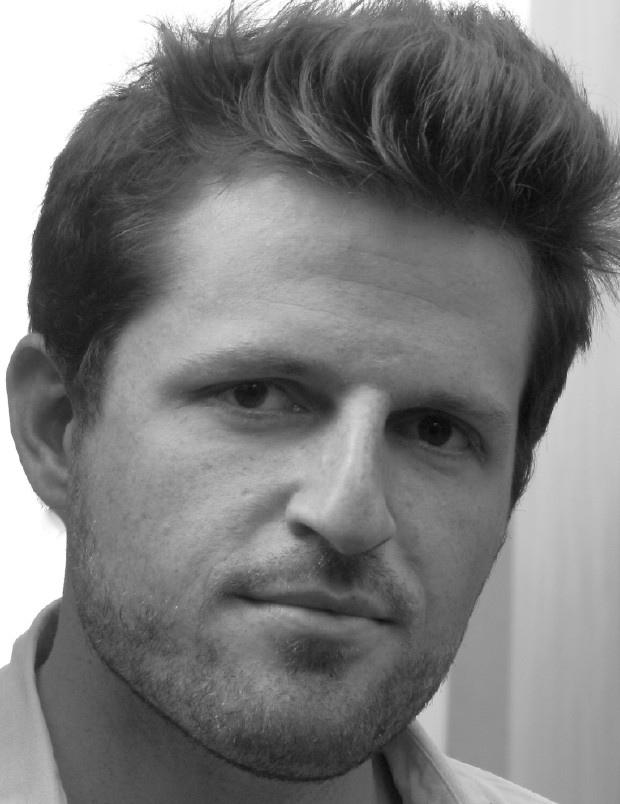Ocampo and Bashir: The Milosevic Precedent
On the prospect of Luis Moreno Ocampo indicting President Omar al Bashir, I would first note that such an indictment would not be unprecedented. The ICTY indicted Yugoslav President Slobodan Milosevic in May 1999, in the midst of the Kosovo war, while he was sitting president of Yugoslavia.
Such an indictment had long been opposed by some U.S. “realists” on grounds that indicting Milosevic would eliminate any incentive for him to make peace, leave office, etc. Despite such concerns, Milosevic did make peace the following month in June 1999, left office in 2000, and was turned over to The Hague in 2001.
See, for example, this article in the New York Times and this coverage on CNN, which show the polarized responses to the indictment, many of which are remarkably similar to the responses to the prospect of an ICC indictment of Bashir today.
However, the Milosevic example had numerous factors that probably wouldn’t apply in Sudan — first and foremost, he called democratic elections because he erroneously thought he would win them cleanly, and then civil society proved strong enough to enforce the results.
I generally believe that international indictments inhibit the management of civil wars unless they are accompanied by the offer of de facto immunity deals, which are explicitly prohibited by the ICC, but which may be finessed in some cases through local justice arrangements. The LRA case is exemplary. The ICC indictment of Kony has inhibited peace in northern Uganda (and as a consequence in southern Sudan and DRC), and will continue to do so unless the ICC permits a de facto local immunity deal (i.e., permitting Uganda to “prosecute” Kony through local justice mechanisms). But if the ICC does permit such a deal, then its indictment may turn out in retrospect to have facilitated peace. It is essentially a good-cop/bad-cop routine, which of course only works if you permit the good cop to do his/her thing (i.e., offer immunity for making peace, stepping down, etc.) Beyond offering such possibility of immunity, I don’t think much else could be done to guard against the danger of an indictment backfiring.
Alan Kuperman is Associate Professor at the LBJ School of Public Affairs, University of Texas at Austin.





